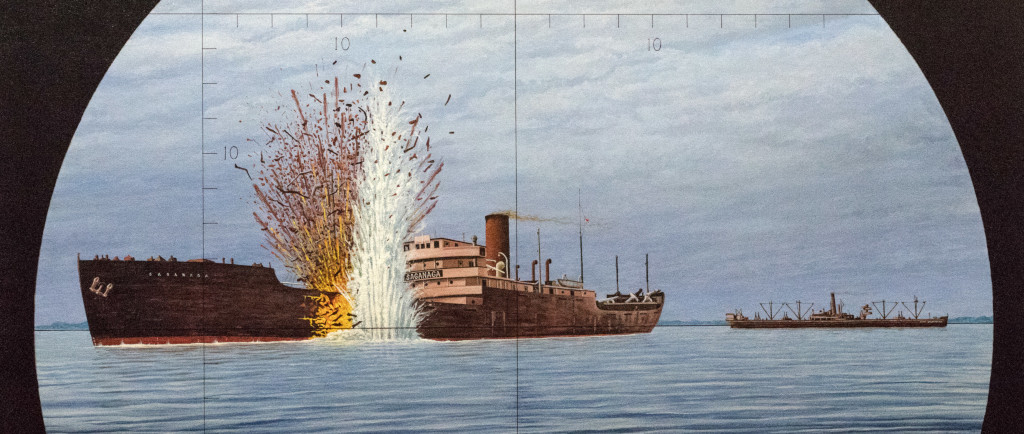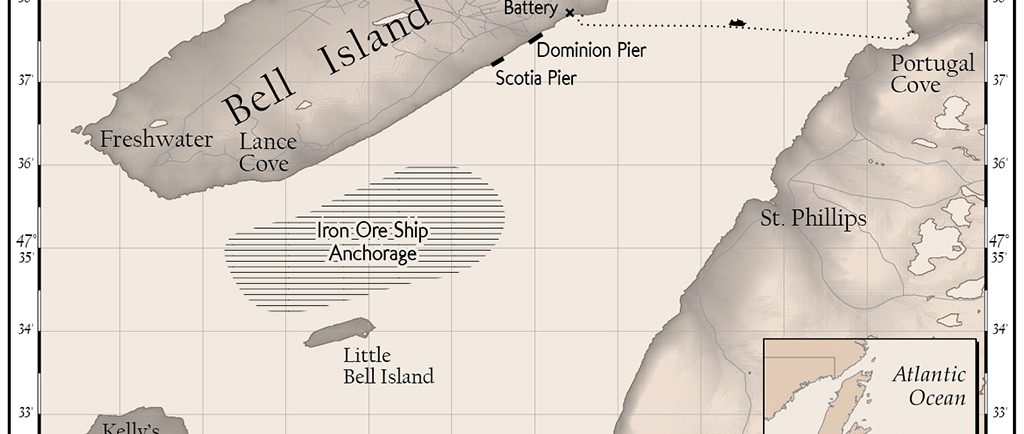When World War II Came to Bell Island, Newfoundland
We tend to think the battles of World War II only happened far away from Canada. Yet in 1942, submarines from Nazi Germany brought the war to a small island in the Dominion of Newfoundland (Newfoundland was not part of Canada until 1949). In two separate attacks, German U-boats sank four Allied merchant ships and killed 65 sailors from around the world. Newfoundlanders were shocked by the savage attacks right on their doorstep. Despite the shock, Bell Islanders immediately responded by rescuing and caring for the survivors of the sinkings.
The U-boat attacks had a lasting impact on Bell Islanders, especially in Lance Cove, closest to where the ships were torpedoed. Graves of the dead seamen, a memorial to their sacrifice and two rusting coastal guns are physical reminders today. The four shipwrecks on the seafloor now draw scuba divers from all parts of the world to Newfoundland, to explore their mysteries and beauty. Eyewitnesses to the attacks have passed their stories down to their children and grandchildren.
Come and discover why the U-boats came hunting to Bell Island …
Start reading the storyCreated by the Shipwreck Preservation Society of Newfoundland & Labrador Inc.:
Neil Burgess, Ken Keeping, Daniel Rees, Rebecca Smith, Ysabelle Hubert and Rick Stanley
in partnership with Teresita McCarthy and the board of the Bell Island Heritage Society Inc.
We thank Heather Elliott and Gabriel Tremblay-Gaudette for their assistance.
We give special thanks to Jill Heinerth, Seaproof.tv, Catherine Rees, David Rees and Ocean Quest Adventures for their contributions.
We also extend sincere thanks to dozens of archives, libraries, museums, websites and organizations that generously allowed us to include their historical information and images.
We gratefully acknowledge primary funding support from the Virtual Museum of Canada, which made this virtual exhibit possible. Additional funding from the Cultural Economic Development Program (Heritage) of the Newfoundland & Labrador Department of Tourism, Culture, Industry and Innovation is also much appreciated.



